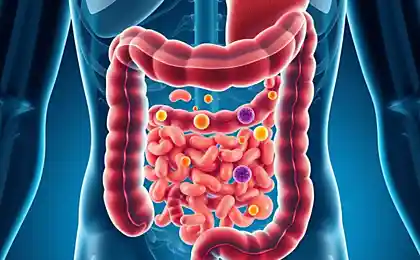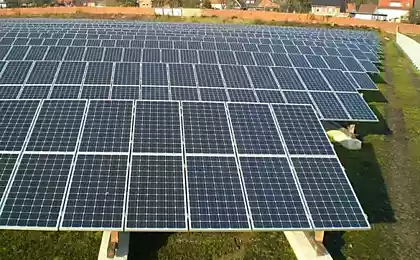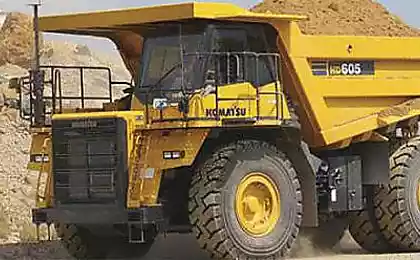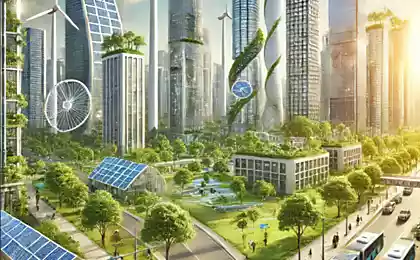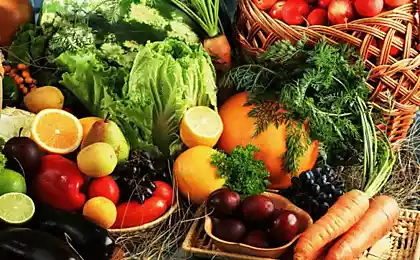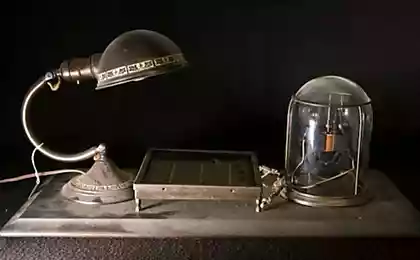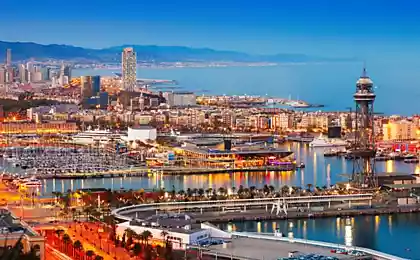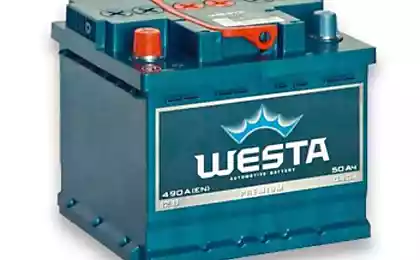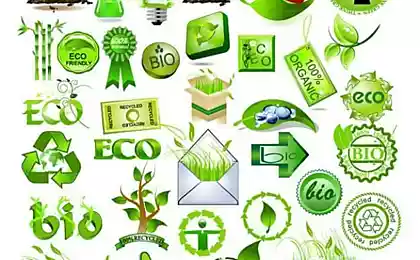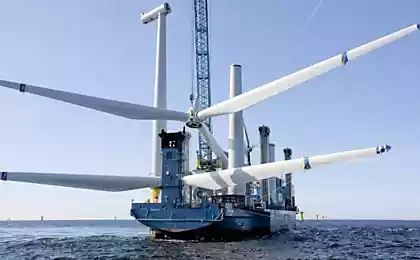512
Food waste to generate electricity in supermarkets
British supermarkets in a plan to use food waste to generate electricity. The energy produced by the remnants of the sandwiches, chicken fat, fish heads and other organic matter, is now actively interested in shopping "Wal-Mart Stores Inc", "Tesco Plc" and "Marks & Spencer Group".
For a start — some statistics. According to forecasts of the European Commission, by 2020 mankind will throw away up to 40% of food production – and this figure seems simply absurd, as for the production of food we waste huge amount of resources. Supermarkets in Europe emit about 90 million tons of food a year. Some of them otsortirovyvaya still in the process of production, and the rest is sent to landfill just because a few samples have not passed by quality control, or crookedly pasted labels... In Ukraine, the same fate awaits approximately 7 million tons of different products, — in a word, the problem exists almost everywhere.
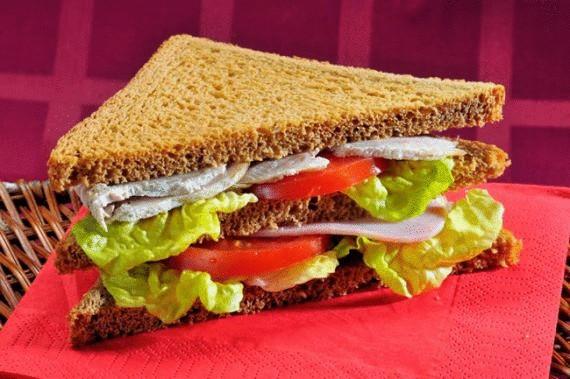
But not all so simple: today there are a number of environmental taxes, including the tax on waste discharge. The main purpose of these payments is not so much to replenish the state budget, how much hard encouraging people to careful and thoughtful attitude to the environment. These taxes tend to be spent on the maintenance of the environmental control bodies are listed in the environmental funds, are directed to the development and implementation of non-waste technologies, waste disposal, clearing of old waste dumps.
Tax "to the dump" in the UK makes waste disposal expensive: a ton have to pay 64 pounds, and to this sum each year will be added 8 more pounds. This means that today, every major supermarket loses as a result of not less than 1% of annual turnover. This explains the desire of the trading giants to invest in new forms of energy more than $18.2 billion over the past five years, according to the Agency "Bloomberg". In search of new financial solutions British companies are studying how energy from chicken feet, fish heads and remains of sandwiches will help to reduce energy costs and transportation of garbage.
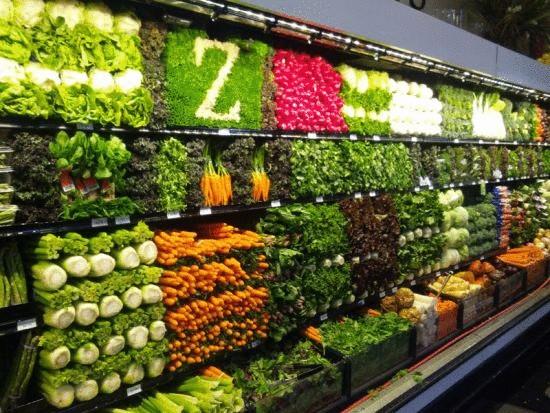
In less affluent countries have long realized what benefits can be extracted from garbage heaps. Concerned about the shortage of cheap sources of energy, the Philippines began to produce energy at the landfill to anaerobic decomposition in the vicinity of Manila. Here the bacteria are without oxygen, it transforms the garbage into a slurry that emit a lot of methane. So good that it is enough for illumination of streets nearby city. Once the debris has nowhere to go – should at least use it wisely, decided by local authorities, and not lost.
In many Brazilian cities already built plants that burn food waste for electricity production. One ton of garbage it is possible to obtain approximately 8 MJ of energy, and therefore save an average of 214 kg of conditional fuel. These figures fully justify the desire to use waste as fuel, not to mention reducing the load on municipal landfills.
A large company for the transportation of garbage, "Waste Management Inc." has acquired shares in eight companies on the development of systems convert garbage into electricity and fuel. The British authorities suggest that at this rate, by 2020, biofuels will provide 8% of all energy needs of the country, equivalent to savings of $13 billion. However, when supermarkets finally greening your business, reduced the flow of taxes from businesses – so the authorities have to find new sources of sponsorship of environmental funds.
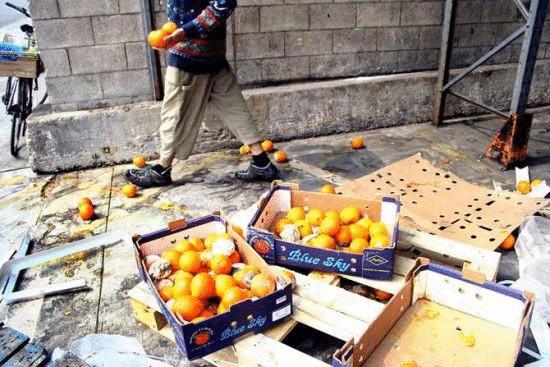
Source: /users/276
For a start — some statistics. According to forecasts of the European Commission, by 2020 mankind will throw away up to 40% of food production – and this figure seems simply absurd, as for the production of food we waste huge amount of resources. Supermarkets in Europe emit about 90 million tons of food a year. Some of them otsortirovyvaya still in the process of production, and the rest is sent to landfill just because a few samples have not passed by quality control, or crookedly pasted labels... In Ukraine, the same fate awaits approximately 7 million tons of different products, — in a word, the problem exists almost everywhere.

But not all so simple: today there are a number of environmental taxes, including the tax on waste discharge. The main purpose of these payments is not so much to replenish the state budget, how much hard encouraging people to careful and thoughtful attitude to the environment. These taxes tend to be spent on the maintenance of the environmental control bodies are listed in the environmental funds, are directed to the development and implementation of non-waste technologies, waste disposal, clearing of old waste dumps.
Tax "to the dump" in the UK makes waste disposal expensive: a ton have to pay 64 pounds, and to this sum each year will be added 8 more pounds. This means that today, every major supermarket loses as a result of not less than 1% of annual turnover. This explains the desire of the trading giants to invest in new forms of energy more than $18.2 billion over the past five years, according to the Agency "Bloomberg". In search of new financial solutions British companies are studying how energy from chicken feet, fish heads and remains of sandwiches will help to reduce energy costs and transportation of garbage.

In less affluent countries have long realized what benefits can be extracted from garbage heaps. Concerned about the shortage of cheap sources of energy, the Philippines began to produce energy at the landfill to anaerobic decomposition in the vicinity of Manila. Here the bacteria are without oxygen, it transforms the garbage into a slurry that emit a lot of methane. So good that it is enough for illumination of streets nearby city. Once the debris has nowhere to go – should at least use it wisely, decided by local authorities, and not lost.
In many Brazilian cities already built plants that burn food waste for electricity production. One ton of garbage it is possible to obtain approximately 8 MJ of energy, and therefore save an average of 214 kg of conditional fuel. These figures fully justify the desire to use waste as fuel, not to mention reducing the load on municipal landfills.
A large company for the transportation of garbage, "Waste Management Inc." has acquired shares in eight companies on the development of systems convert garbage into electricity and fuel. The British authorities suggest that at this rate, by 2020, biofuels will provide 8% of all energy needs of the country, equivalent to savings of $13 billion. However, when supermarkets finally greening your business, reduced the flow of taxes from businesses – so the authorities have to find new sources of sponsorship of environmental funds.

Source: /users/276
The "idler": the best Desk for student
Wave Clapper and Power Wing - poplavkovye system for power supply
